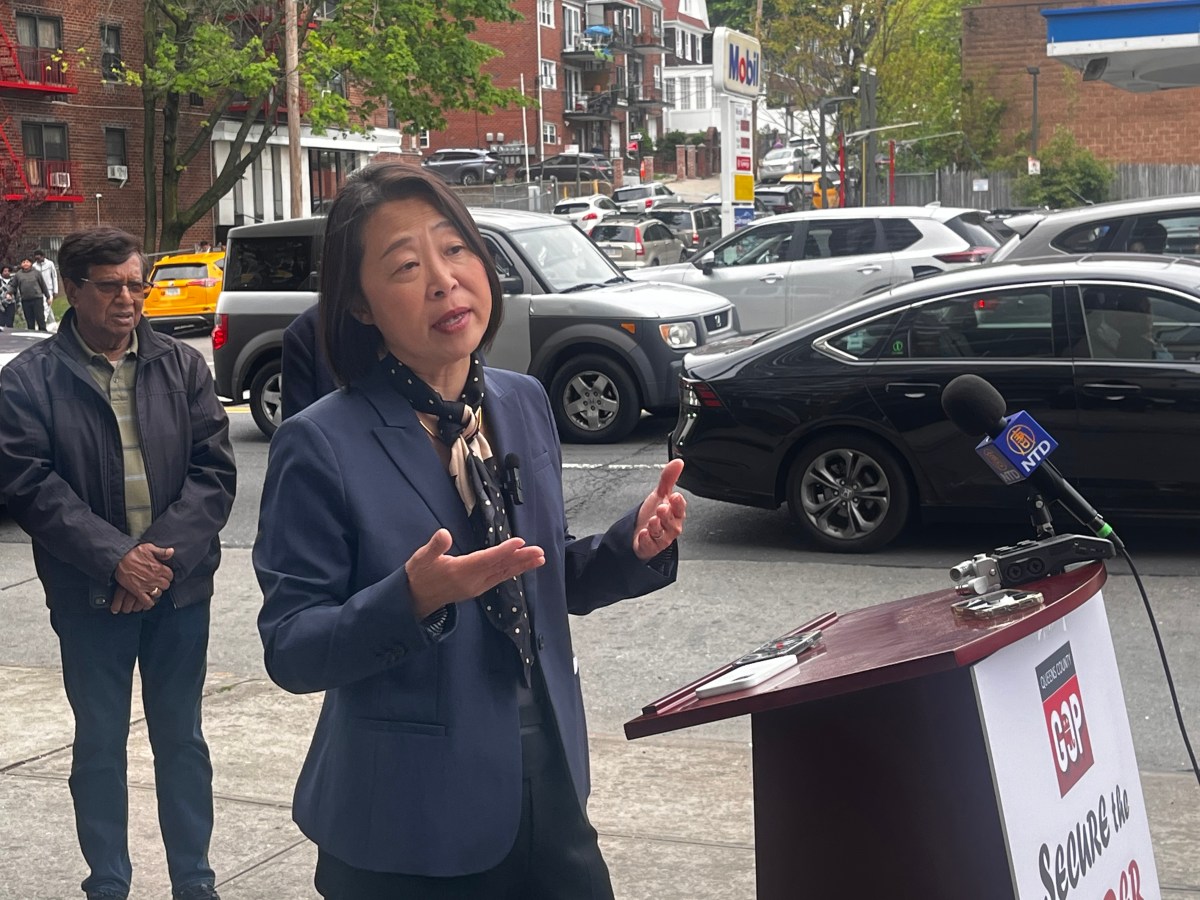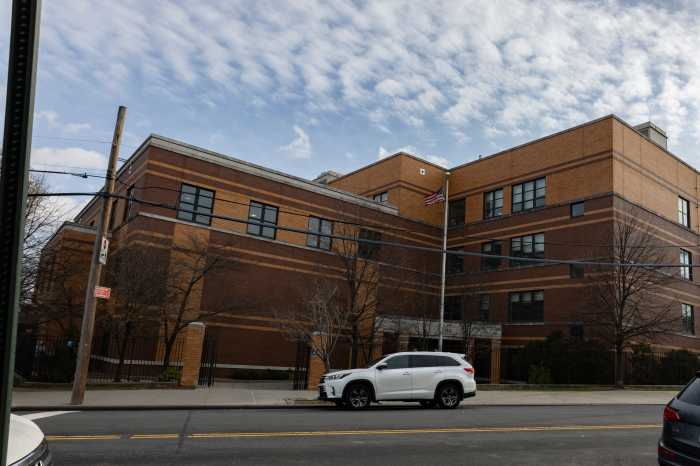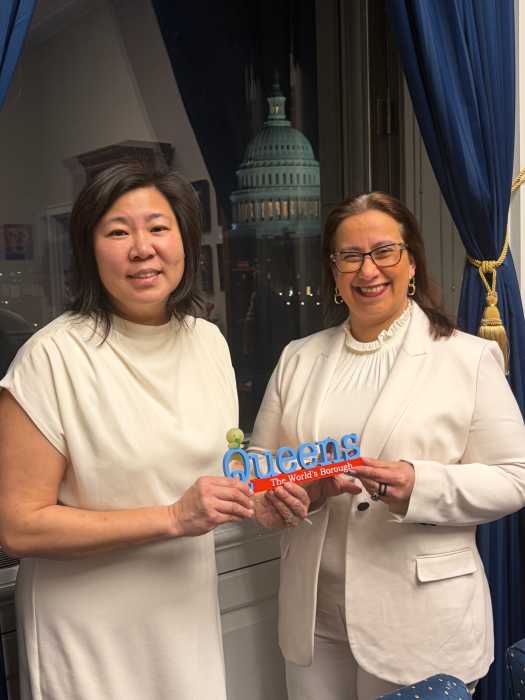State Senator Toby Ann Stavisky (D) has retained New York’s 11th Senate District after seeing off a challenge from Republican candidate Yiatin Chu on Election Day.
Stavisky declared victory at One Station Plaza late on Tuesday night after receiving 50.77% of the vote, with Chu receiving 43.44%. According to preliminary data from the New York State Board of Elections, roughly 7,000 votes separated the two candidates, with Stavisky receiving 51,976 votes and Chu receiving 44,439 votes.
Stavisky, who has been in office since 1999, became the first woman from Queens County to ever be elected to the New York State Senate when she was elected 25 years ago. She has held Senate District 11 since 2022 after her former district – District 16 – was redistricted to incorporate parts of Glen Oaks, Queens Village, Astoria and Jamaica in 2022 as well as Rikers Island. Senate District 11 also includes parts of Flushing, College Point, Bayside, Whitestone and Douglaston–Little Neck.
An incumbent in a Democratic stronghold, Stavisky faced a tougher challenge than two years ago when she won with almost 57% of the vote against Republican challenger Stefano Forte.
Chu, despite competing in a district where Democrats heavily outweigh Republicans, sought to secure the vote of the district’s sizable Asian population, who had allegedly grown dissatisfied with Democratic policies on education and public safety, previously criticizing Stavisky for supporting bail reform.
According to data from the state Board of Elections, Democrats heavily outweighed Republicans by 97,757 to 25,57 in District 11 prior to Election Day, although 48,353 active voters in the district were not registered to either party.
Stavisky has largely focused on education issues during her 25 years in office. A former social studies teacher in the city’s public school system, Stavisky is the current chair of the Senate’s Committee on Higher Education and has helped to prevent tuition hikes at SUNY and CUNY during her time in office.
Stavisky has co-sponsored several gun control bills in recent years, including 2023 bill prohibiting openly carrying a rifle or shotgun and a 2023 bill requiring persons possessing any firearm to hold a firearms safety certificate. She has also supported affordable housing and flood resiliency in New York City.

Chu, a longtime education activist resident in Whitestone, positioned herself to the right of Stavisky during the election and promoted education policies such as preserving the specialized high school entrance exam and gifted and talented programs.
Stavisky is also in favor of retaining the Specialized High School Admissions Test (SHSAT), arguing in 2018 that it remains the most “objective” method of determining admission.
However, Chu described her opponent as “out of touch” and campaigned on the basis that Senate District 11 needed “fresh ideas.”
Chu positioned herself as an opponent of affirmative action in education and previously joined a lawsuit against the NYS Department of Education, alleging that the STEP enrichment program for middle and high school students is discriminatory against Asian and white students.
In 2022, Chu co-founded the Asian Wave Alliance, which works to mobilize Asian American voters across the city and in surrounding regions. The group has publicly condemned affirmative action policies as discriminatory. She also founded PLACE NYC, Parent Leaders for Accelerated Curriculum and Education, which seeks to make the public school curriculum more rigorous for students and also advocates for preserving the SHSAT.
Chu additionally ran on issues such as further rolling back the state legislature’s 2019 reforms to cash bail and opposing the placement of migrant shelters in residential parts of Queens. She also expressed opposition to congestion pricing and the legalization of marijuana.


































